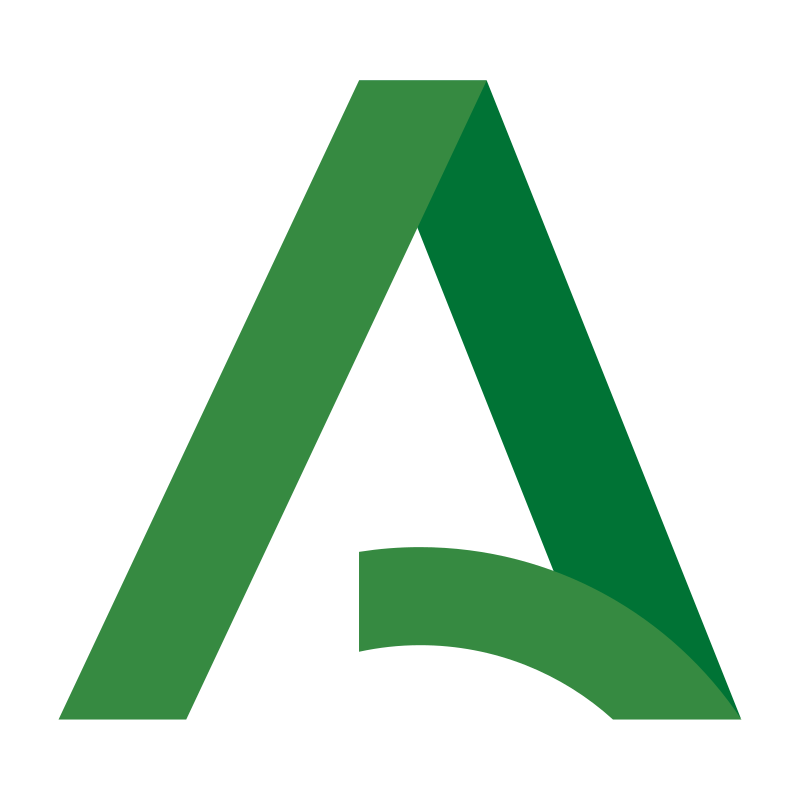Presentation
|
The National Accelerator Centre (CNA) is a joint centre depending on the University of Seville, the Junta de AndalucĂa and the High Council of Scientific Research (CSIC). It has the mission of carrying out research in particle accelerators and its multiple applications. CNA is recognized as a Singular Scientific and Technological Facility and it is open for the national and international scientific community to carry out research using its equipment. To do this, 6 different installations are used: a Van de Graaff 3 MV Tandem accelerator, a 18/9 MeV Cyclotron accelerator, an Accelerator 1MV Mass Spectrometer, a PET / CT scanner, a new radiocarbon dating system called MiCaDaS, and a 60Co Irradiator. The 3MV Tandem accelerator is a versatile tool for materials science and nuclear instrumentation. The cyclotron accelerator is a factory of radiopharmaceuticals and a source for Irradiation. The AMS tandetron accelerator finds radionuclides in the environment in tiny fractions. The compact accelerator MICADAS is used for 14C dating. The 60Co irradiator is a source of photons for irradiating aerospace components. The PET-CT scanner is the complement of the Cyclotron for cancer diagnosis. The application of these 6 infrastructures covers fields as diverse as material sciences, environmental impact, nuclear and particle physics, nuclear instrumentation, medical imaging, biomedical research and preclinical molecular imaging or dating, medical imaging in patients, 14C and irradiation in samples of technological and biological interest, among others. CNA is one of 23 ICTS in the present map in Spain. This is our second strategic plan, which maintains the same objectives as the previous plan 2008-2012. The scientific objectives, which are being achieved satisfactorily, are: 1.- Development of Ion Beam Analysis (IBA) Techniques for material analysis. 2.- Development of irradiation trials of technologic components and biological samples. 3.- Development of radiation detectors and nuclear instrumentation. 4.- Accelerator Mass Spectrometry (AMS) and 14C dating. 5.- Radiopharmaceutical production and molecular imaging. The new plan will contemplate, besides the previous objectives, a firm commitment to host, in collaboration with the Andalusian Health Service, a larger accelerator to treat cancer using Proton Therapy. We will increase our implication in detector development for large international facilities, and we will exploit the new neutron line. CNA facilities can be accessed through the services provided. We have improved quantitatively and qualitatively, the use of our facilities. We perform measurements by IBA techniques, radiocarbon dating, irradiation of technological components, CT imaging of arqueological objects, and AMS measurements of radioactive element traces in natural samples. Researchers, companies or individuals can send their samples to CNA, and obtain information reports performed following quality certificated procedures. Especially relevant is the Molecular Imaging Diagnostic Unit, in collaboration with the personnel of the Andalusian Health Service (SAS), through which more than 1000 patients every year benefit from the PET-CT imaging techniques for cancer diagnosis. We are conscious at CNA of how important it is that society knows and values scientific research. For that purpose, we maintain a scientific outreach program, with visits to CNA every school Friday, mainly directed to secondary school students, but also for university students, and groups of professionals and general public. We also participate in scientific fairs, and in the CSIC science week, and maintain a high profile in social networks. CNA infrastructures are high quality. However, they would be useless without the human team which makes the most out of it. CNA personnel have to face new challenges every day. External users have demands that have to be solved by CNA technicians. CNA researchers combine their own research with developing the facilities and supporting external users. Administrative personnel have to respond to the requirements of the three parent institutions of CNA, manage diverse funding sources, and support research projects. CNA personnel do their job with efficacy and efficiency, in a spirit of illusion, collaboration and respect. |



 Â
  Â
 


